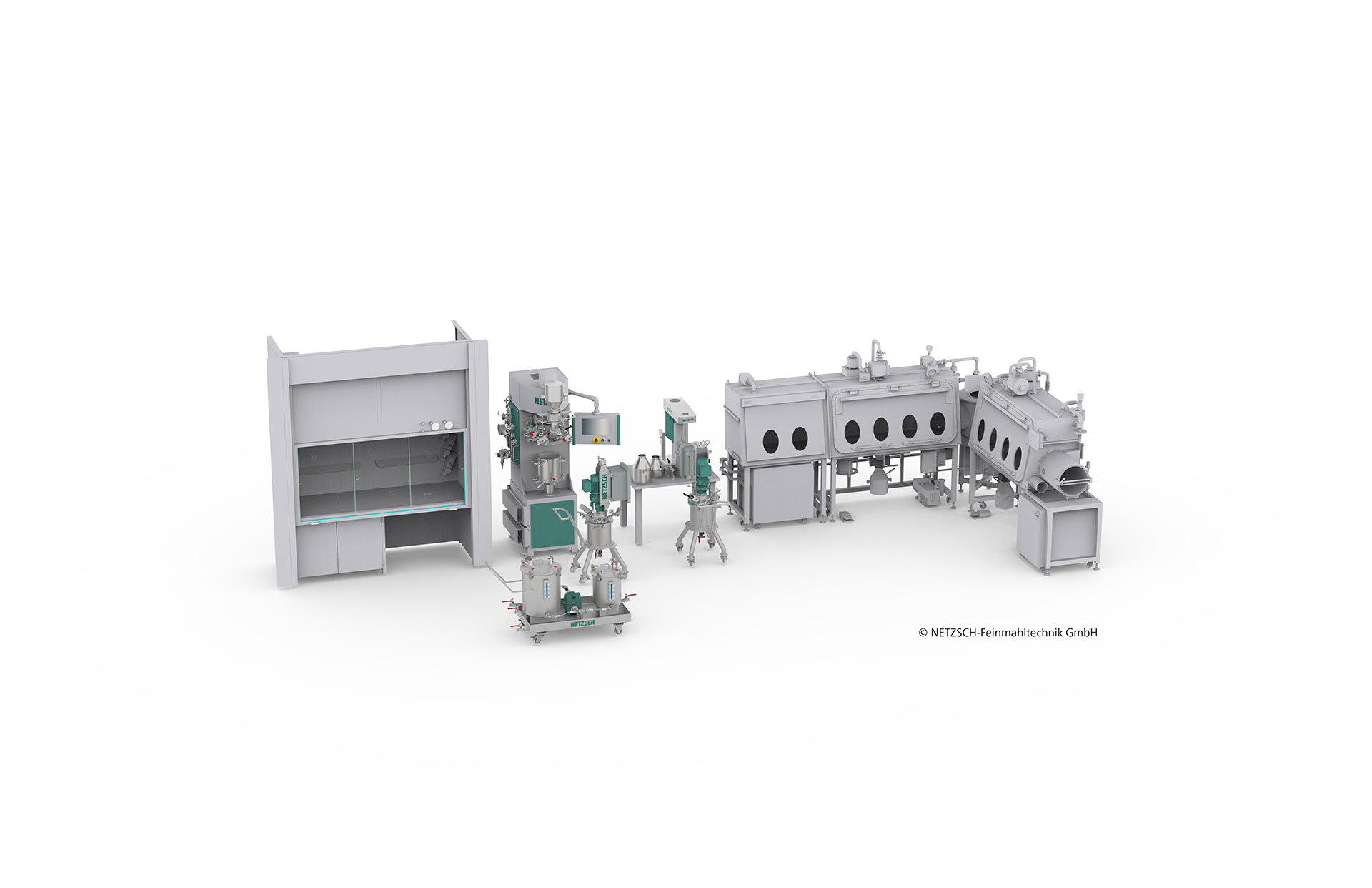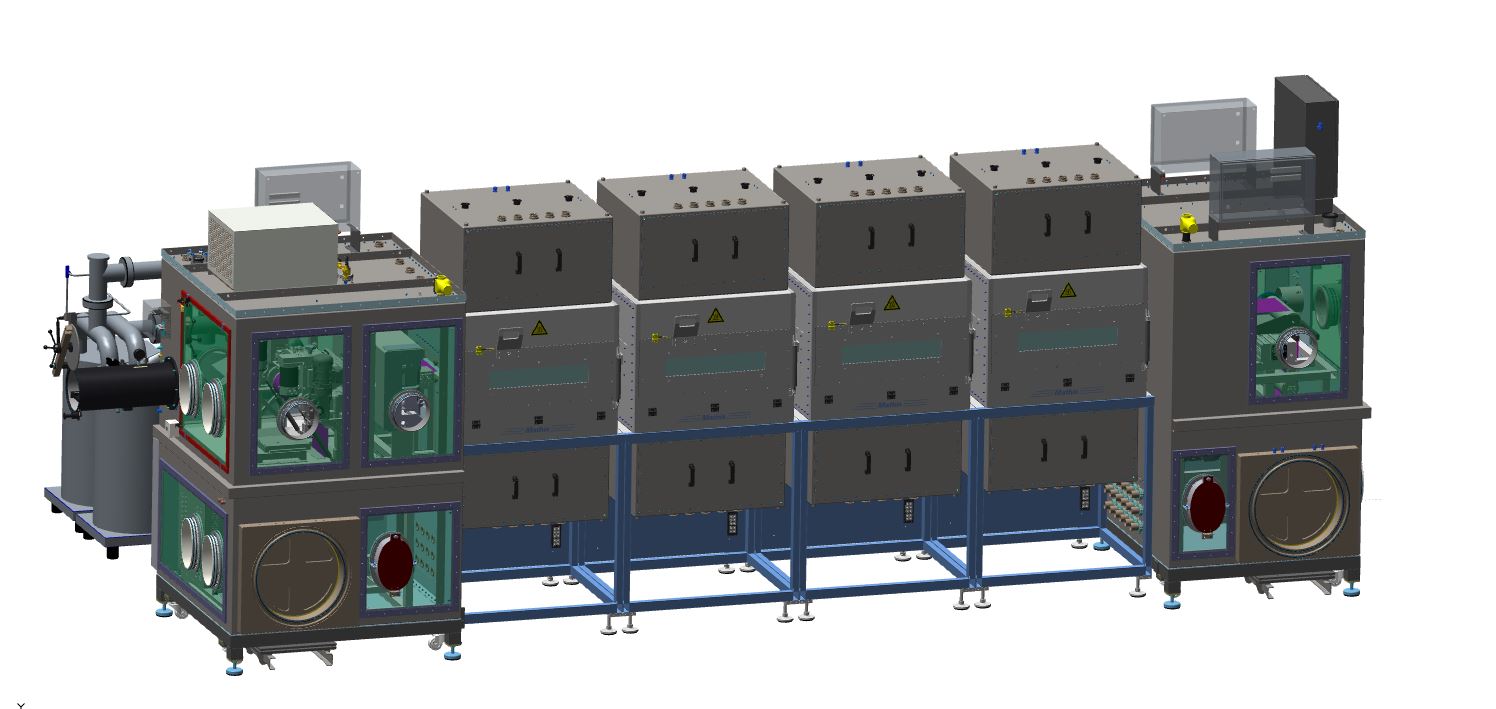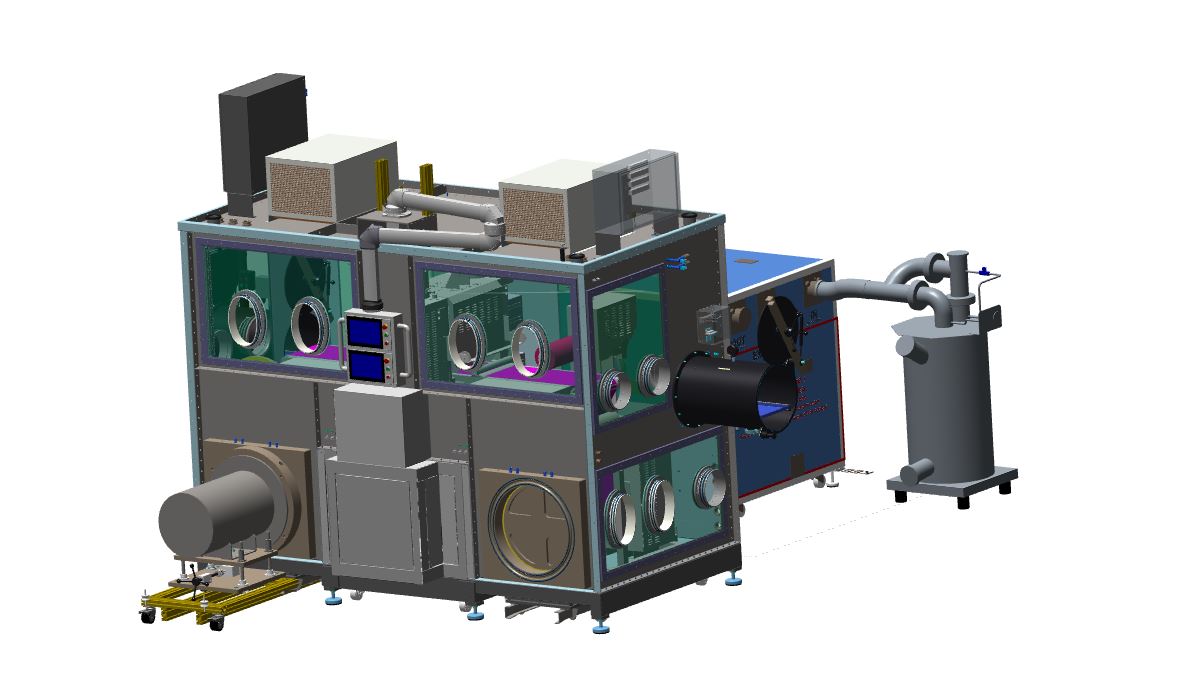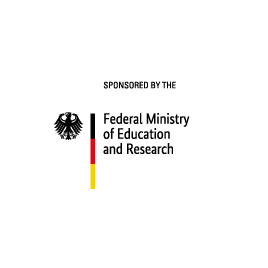Competitive battery cell production in Germany as a technology location
While conventional, large-format lithium-ion batteries are predominantly manufactured in Asia, the technologically extremely promising step towards solid-state batteries allows us to establish our competitive cell production in Germany. In particular, polymer-based solid-state battery technology promises excellent benefits for many industries due to its high energy density and inherent safety. However, the mass production of these electrochemical storage systems is associated with several challenges, such as reducing the high production costs, stabilising the manufacturing processes or product adaptation. These aspects must be considered to ensure consistently high product quality while increasing economic efficiency.





